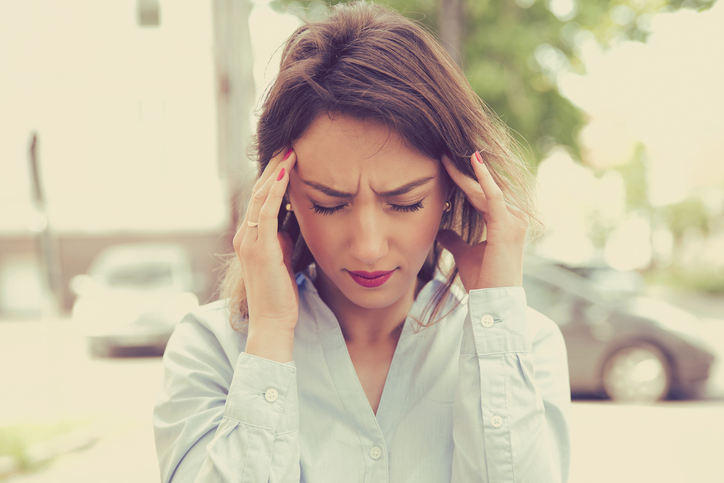What You Can Do to Take Care of Your Ears
Hearing loss is irreversible
Publicado:

Turn down the volume
Even if you don’t have a sound measuring device, it’s easy to tell if the noise around you is too loud. If you or people near you need to shout to be heard or can’t be understood even when standing close by, the noise is too loud and can cause both short- and long-term damage to your ears.

Stay away from loud noises
As much as you can, keep your distance from noise, whether it’s at home, work, or in public places. Daily activities, such as using electrical equipment, mowing the lawn, and going to gyms with loud music, can seriously affect your ability to hear. This precaution applies to children, too: keep them away from loud music and equipment.Take breaks from noise
Avoid activities and places that are too loud. If you need to stay in these environments, or if you have to do work that involves loud noises, specialists recommend taking frequent breaks to give your ears a “breather.”Use protection
About 70% of people exposed to loud noises rarely or never use hearing protection. If you can’t follow the above tips and avoid loud noises, use protective devices, whether you’re at home or in public. You can use earplugs or earmuffs—just remember to always keep them on hand.
Hazardous environments
You should protect your ears if you regularly go to concert venues, construction sites, airports, train stations, racetracks, and shooting or hunting ranges, or even just mow the lawn often. Professionals recommend consulting an audiologist about personalized earplugs if you are routinely exposed to these environments.
Get tested
Most adults have never had a hearing test. At your next annual physical exam, ask your doctor to include a hearing test as part of your routine checkup. This gives your audiologist a baseline for comparison against future results to monitor the progression of your hearing loss—and gives you a chance to learn about your ear health.Sources:
National Library of Medicine; Centers for Disease Control and Prevention; Mayo Clinic; National Institute on Deafness and Other Communication Disorders.


